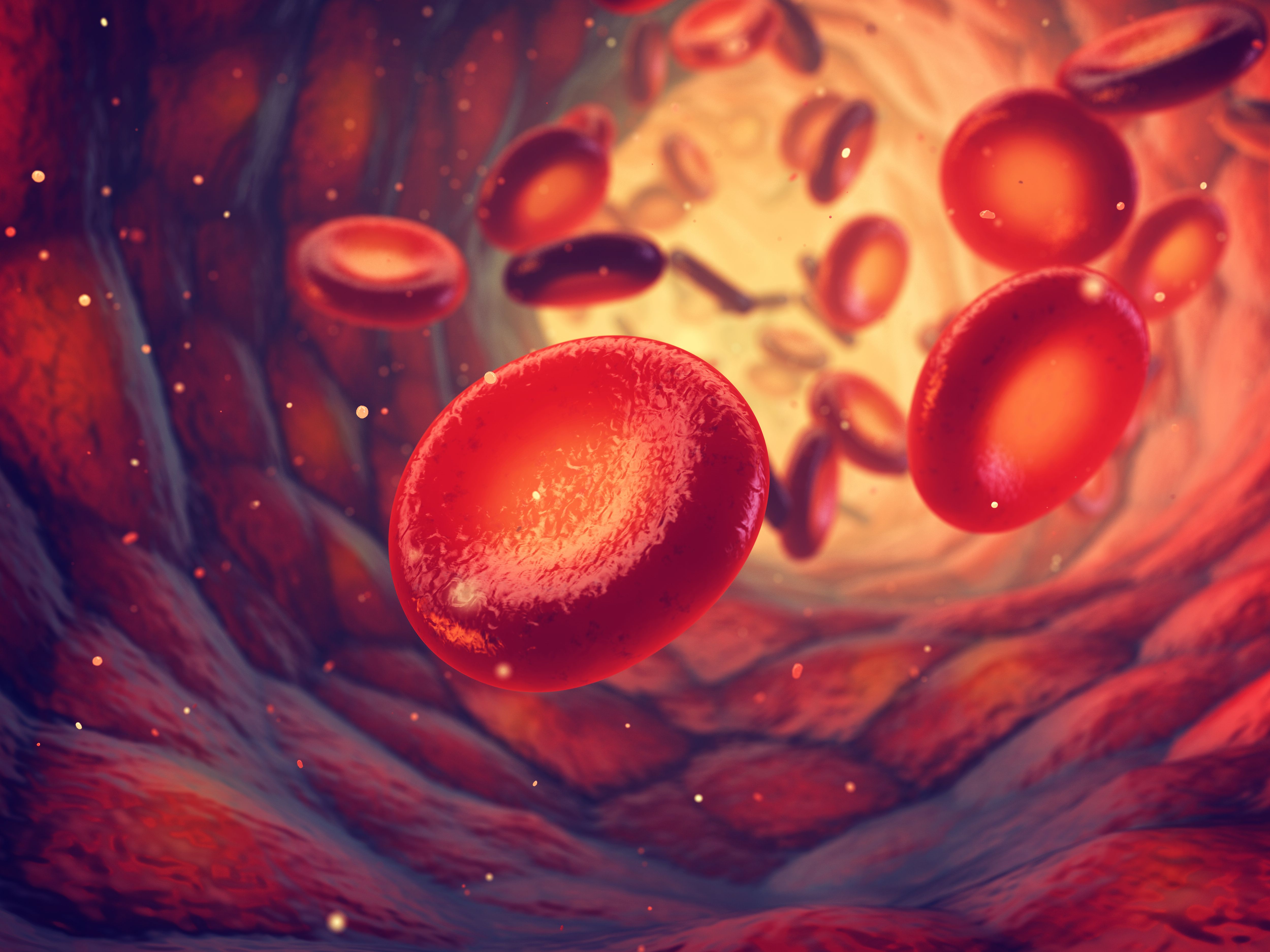STARGLO Trial Meets OS End Point With Glofitamab in Relapsed/Refractory DLBCL
Additional data and results from the phase 3 STARGLO trial of glofitamab for patients with relapsed/refractory diffuse large B-cell lymphoma will be presented at an upcoming medical meeting.
Additional data and results from the phase 3 STARGLO trial of glofitamab for patients with relapsed/refractory diffuse large B-cell lymphoma will be presented at an upcoming medical meeting.

The primary end point of overall survival (OS) was met in the phase 3 STARGLO trial (NCT04408638) assessing glofitamab (Columvi) plus gemcitabine and oxaliplatin for patients with relapsed/refractory diffuse large B-cell lymphoma (DLBCL) who have received 1 prior line of therapy and cannot receive autologous stem cell transplant, according to a press release from Roche, the developer of glofitamab.1
The combination was compared with rituximab (Rituxan) plus gemcitabine and oxaliplatin. Safety remained consistent with other profiles for each individual agent. Additional data will be shared at an upcoming meeting.
Glofitimab is typically a treatment reserved for patients in which therapy has failed therapy at least twice. Additionally, the treatment provides an end date and the potential for a treatment-free period compared with continuous treatment.
Glofitamab was designed as a CD20xCD3 T-cell engaging bispecific antibody that targets CD3 on the surface of T cells and CD20 on the surface of B cells. Of note, it is a 2:1 structural format.
“People with this aggressive lymphoma facing relapse or progression after initial treatment have limited options—particularly those who are ineligible for stem cell transplant. Building on [glofitamab’s] established benefits, these data demonstrate the potential of this combination regimen to improve survival outcomes in earlier lines of treatment,” Levi Garraway, MD, PhD, chief medical officer and head of Global Product Development at Roche, stated in the news release.
The phase 3 trial is estimated to enroll 270 patients in either the glofitamab combination or rituximab combination arms. In the glofitamab arm, patients will receive up to 8 cycles of glofitamab plus gemcitabine and oxaliplatin followed by 4 cycles of glofitamab monotherapy. Seven days before the first dose of glofitamab, 1 dose of obinutuzumab (Gazyva) will be given. In the comparator arm, patients with be given rituximab plus chemotherapy for up to 8 cycles in 21-day cycles.
The primary end point is OS. Secondary end points included progression-free survival, complete response rate, objective response rate, duration of objective response, and time to deterioration in physical functioning and fatigue.
Patients were eligible to enroll on the trial if they had histologically confirmed disease, at least 1 prior line of systemic therapy, and had confirmed availability of tumor tissue. Additionally, patients must have 1 bi-dimensionally measurable nodal lesion, an ECOG performance status between 0 and 2, and adequate hematologic and renal function.
Patients were excluded from the trial if they had 1 line of prior therapy, a history of transformation of indolent disease to DLBCL, high-grade B-cell lymphoma, or primary mediastinal B-cell lymphoma. Patients with a history of severe allergic or anaphylactic reactions, any contraindications to study treatment or prior treatment with glofitamab were not to be included.
In June 2023, glofitamab was given accelerated approval by the FDA for patients with DLBCL and large B-cell lymphoma after 2 or more lines of systemic therapy.2 Results from the phase 1/2 NP30179 trial led to the approval.
“As an off-the-shelf, fixed-duration treatment providing durable response rates, we believe [glofitamab] could change the way this aggressive lymphoma is treated, reinforcing our dedication to bringing innovative treatment options to people with critical unmet needs,” Garraway said at the time of the approval.
References
- Roche’s Columvi meets primary endpoint of overall survival in people with relapsed or refractory diffuse large B-cell lymphoma in phase III STARGLO study. News release. Roche. April 15, 2024. Accessed April 15, 2024. https://shorturl.at/hkLUW
- FDA approves Genentech’s Columvi, the first and only bispecific antibody with fixed-duration treatment for people with relapsed or refractory diffuse large B-cell lymphoma. News release. Genentech. June 15, 2023. Accessed April 15, 2024. https://bit.ly/3X7M5dr
Between the Lines Podcast: Tazemetostat in Relapsed/Refractory Follicular Lymphoma
November 3rd 2022Expert oncologist/hematologists Bruce Cheson, MD, FACP, and Steven Park, MD, discuss findings from the E7438-G000-101 trial and consider the efficacy of tazemetostat as treatment for relapsed or refractory follicular lymphoma.